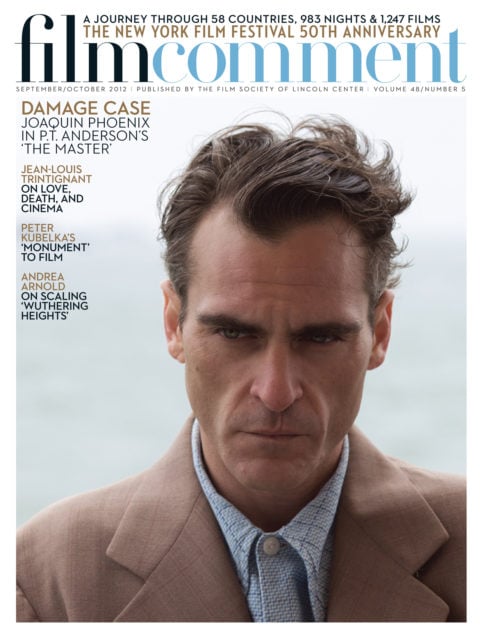
Two motifs predominate in Ross McElwee’s 25-plus years of autobiographical filmmaking: the search for identity in the face of handed-down ideas about family, love, and work; and the undertaking of journeys fueled by desire, curiosity, and varying degrees of irony. In his latest film, the 65-year-old director retraces his postcollegiate wanderjahrs in France jobbing for a wedding photographer, in an earnest effort to understand his son Adrian, a headstrong, restless creative type and stunt skier.
Further along on his camera-assisted path of reflection, McElwee finds himself cast in a similar role to that played by his own father in past installments: a member of an older generation alarmed and confused by his offspring’s apparent lack of direction. “Where the hell did you get those values?” the filmmaker snaps at his son in a moment of old-fogey frustration that might come as a surprise to those accustomed to his self-deprecating Southern humor.
McElwee remains a sympathetic observer of human foibles, especially in the case of old flames, though he stirs together fewer essayistic elements than in such earlier films as Time Indefinite (93) or even Bright Leaves (03), without quite the same success rate at taking apart and reexamining platitudes. Yet it’s illuminating to watch McElwee’s life-long self-chronicling in an age suffocated by the practice. The central irony of his latest film (shot in digital) goes largely unspoken: McElwee’s natural urge to organize experience has found stiff competition right at home.








